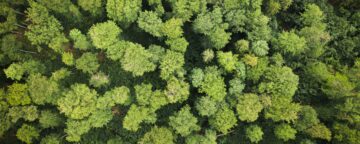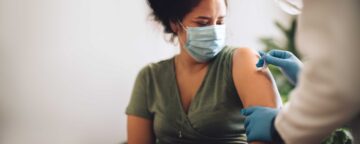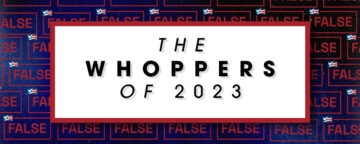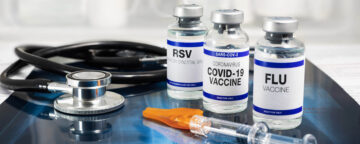As part of its 30th anniversary celebration, the Annenberg Public Policy Center has opened a new area of research, the Climate Communication division, led by Annenberg School for Communication vice dean Emily Falk.


As part of its 30th anniversary celebration, the Annenberg Public Policy Center has opened a new area of research, the Climate Communication division, led by Annenberg School for Communication vice dean Emily Falk.

Confidence in science remains high but has declined in the past few years, with just 42% saying scientists can overcome their biases.

In JAMA, 3 Penn scholars advocate for renaming of the Vaccine Adverse Event Reporting System (VAERS) and improving public understanding of the vaccine surveillance system.

A new study from Annenberg researchers explores social norms around vaccination and how vaccination rates can be shaped by state laws and policies.

FactCheck.org has rounded up a dozen of the year's false and misleading claims, including remarks by President Joe Biden, former President Donald Trump, and presidential candidate Robert F. Kennedy Jr.

New survey shows over a third of U.S. adults worry that they or someone in their family will get flu, Covid-19, or RSV in next 3 months, but no consensus on which virus is more likely to cause severe illness.

Americans have less confidence in vaccines than they did just a year or two ago, and more people accept misinformation about vaccines and Covid-19, according to an APPC health survey.

There is wide variability in what the U.S. public knows about the seasonal flu and Covid-19, but some facts are much more strongly associated with an individual’s vaccination behavior, Annenberg surveys show.

New research published by a team at APPC finds that experiencing days in which the temperature exceeds previous highs for that time of year affects people’s perception of weather trends.